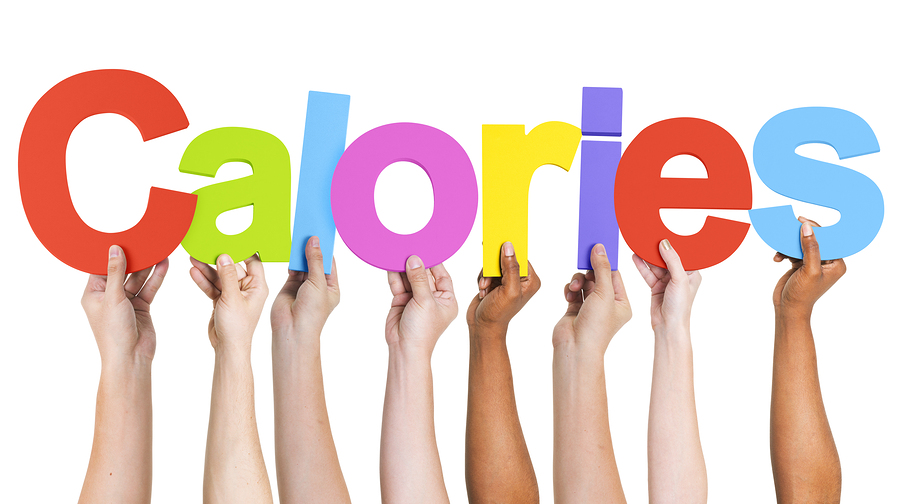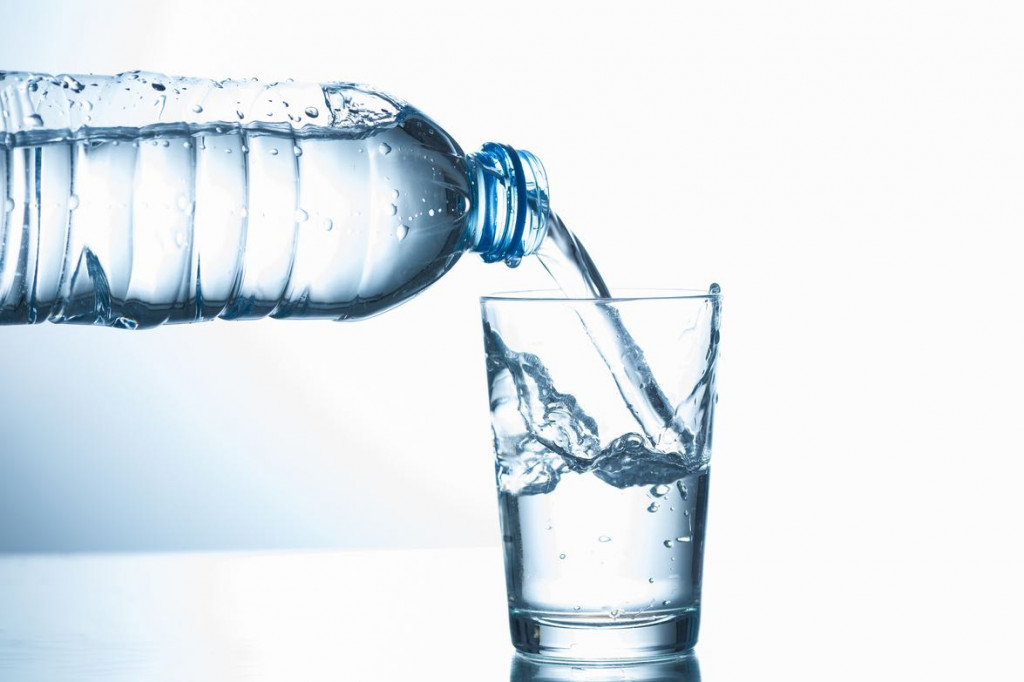
How Many Calories Do I need In A Day?
This question must have crossed your mind before as it would have anyone who has ever been concerned with their health or weight. If you’re consuming more calories than you need per day, you’re bound to keep piling on the pounds year after year. This can lead to being overweight,...








